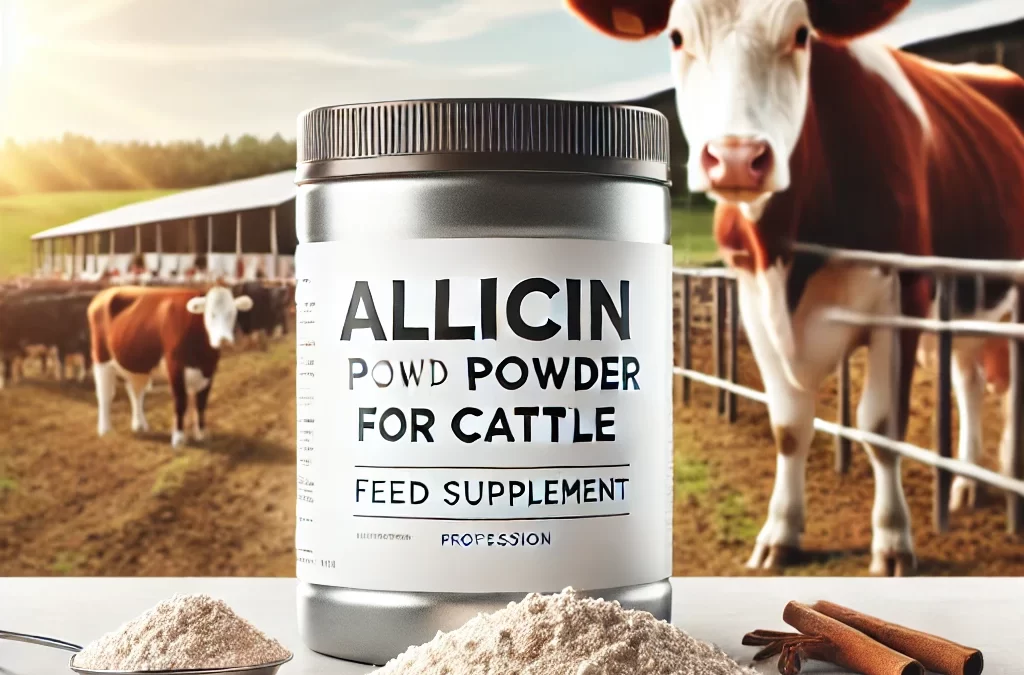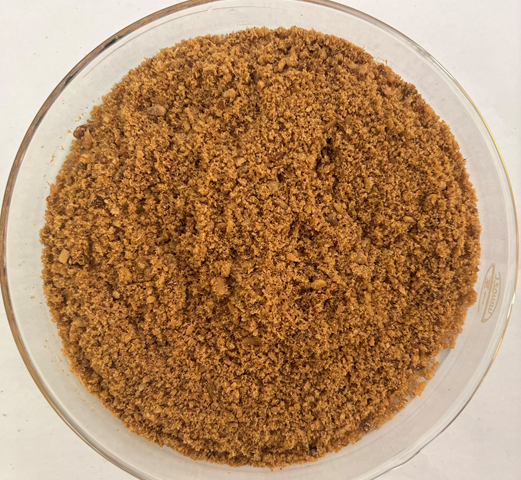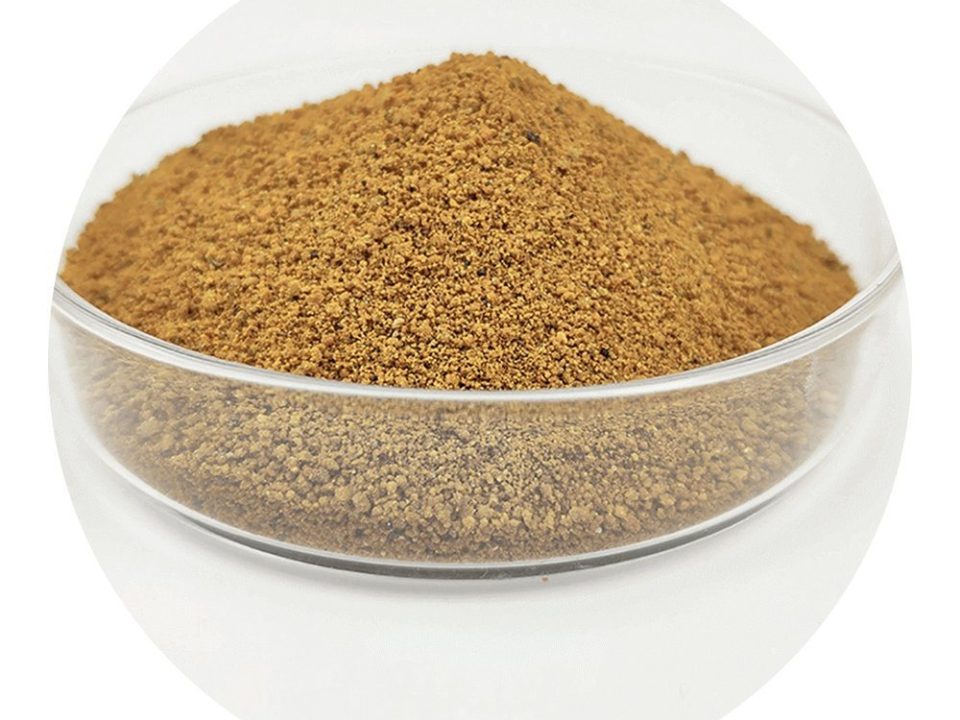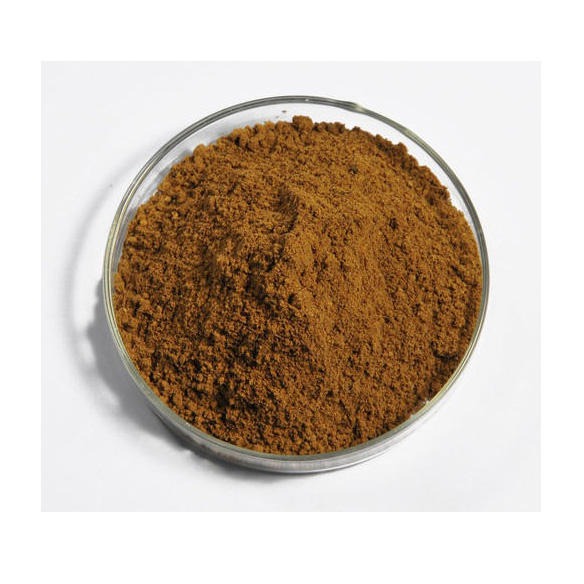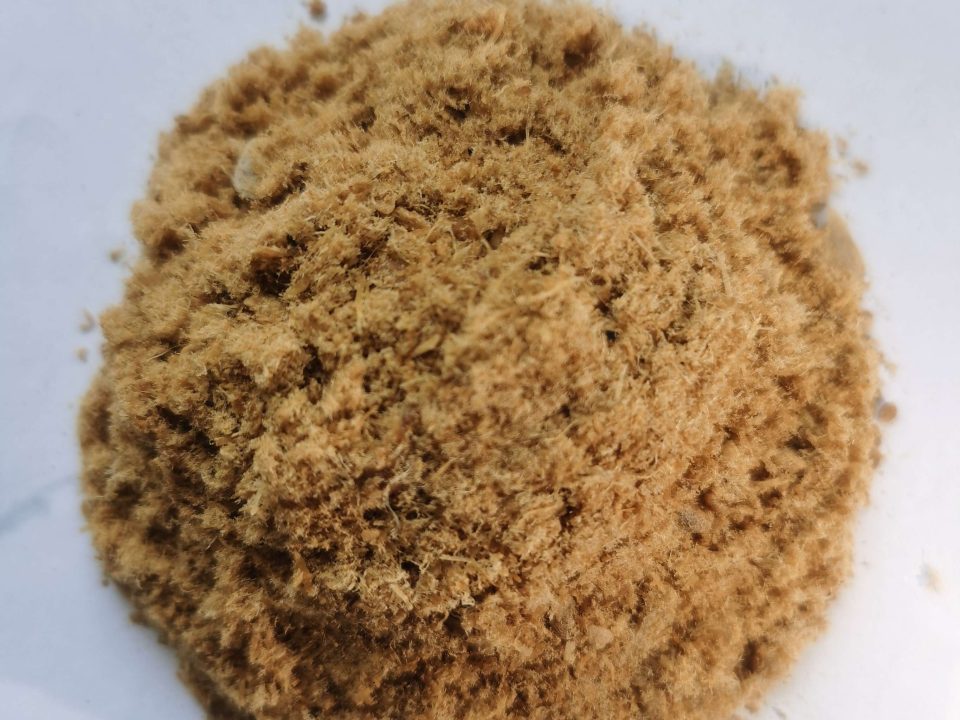Allicin Benefits, Side Effects, Supplements, and Dosage for Cattle

Choline Chloride Supplementation in Poultry
January 16, 2025
Guidelines for Allicin in Cattle
January 24, 2025Allicin Benefits, Side Effects, Supplements, and Dosage for Cattle
Allicin, a sulfur-containing compound derived from garlic (Allium sativum), has gained attention in livestock nutrition due to its antimicrobial, antioxidant, and immune-boosting properties. For cattle, allicin can serve as a natural feed additive, promoting health, performance, and resistance to diseases. Below is a detailed exploration of allicin’s benefits, side effects, supplements, and dosage recommendations for cattle.
Benefits of Allicin for Cattle
-
Antimicrobial Properties
- Allicin is a potent natural antimicrobial agent that can combat harmful bacteria, viruses, and fungi in the gastrointestinal (GI) tract.
- It helps reduce pathogenic bacteria like E. coli, Salmonella, and Clostridium, improving gut health and preventing digestive disorders.
-
Improved Digestive Efficiency
- By enhancing the balance of gut microbiota, allicin can improve feed conversion efficiency.
- It supports nutrient absorption, reducing waste and promoting better growth and weight gain in beef cattle.
-
Antioxidant Effects
- Allicin combats oxidative stress by neutralizing free radicals in cattle, particularly under stressful conditions such as heat stress, transport, or high milk production.
- This enhances cellular function, contributing to improved overall health and productivity.
-
Immune System Support
- Allicin stimulates immune responses in cattle, enhancing their ability to fight infections and recover from diseases.
- It is especially beneficial for calves, which are more susceptible to illnesses during early life.
-
Anti-Inflammatory Properties
- Allicin reduces inflammation in the body, helping manage conditions such as mastitis in dairy cows or lameness due to joint issues.
-
Milk Production and Quality
- For dairy cows, allicin supplementation can enhance milk yield and improve milk quality by reducing somatic cell counts (SCC), an indicator of udder health.
-
Natural Growth Promotion
- Allicin acts as an alternative to antibiotic growth promoters, making it an excellent choice for farms aiming for antibiotic-free production systems.
- It improves average daily gain (ADG) and feed efficiency in both beef and dairy cattle.
-
Parasite Control
- Allicin’s antiparasitic effects can help manage internal parasites, such as gastrointestinal worms, reducing the need for chemical dewormers.
Side Effects of Allicin for Cattle
While allicin offers several benefits, improper use or over-supplementation can lead to the following side effects:
-
Gastrointestinal Upset
- Excessive allicin intake may cause diarrhea, bloating, or reduced feed intake in cattle due to its strong sulfuric properties.
-
Reduced Palatability
- High levels of garlic-derived allicin can affect the smell and taste of feed, leading to reduced feed intake.
-
Overload of Sulfur Compounds
- Over-supplementation can lead to sulfur toxicity, especially when combined with other sulfur-rich feed ingredients like molasses or distillers’ grains.
- Symptoms of sulfur toxicity include reduced growth, impaired digestion, and, in severe cases, polioencephalomalacia (PEM).
-
Potential Milk Odor
- In dairy cattle, excessive garlic supplementation may alter the odor and taste of milk, potentially impacting consumer acceptance.
-
Allergic Reactions
- Rarely, some cattle may exhibit mild allergic reactions, such as skin irritation or respiratory distress, after exposure to garlic supplements.
Allicin Supplements for Cattle
Allicin is typically supplied to cattle through specially formulated supplements. These supplements are made from garlic powder, garlic oil, or stabilized allicin extracts. Below are the common types of allicin supplements:
-
Garlic Powder-Based Feed Additives
- Garlic powder supplements are the most common and cost-effective source of allicin for cattle. These additives are mixed with feed to provide consistent allicin levels.
-
Encapsulated Allicin
- Encapsulated allicin is a more stable form that ensures controlled release in the GI tract, enhancing bioavailability and reducing degradation during feed mixing or storage.
-
Liquid Garlic Extracts
- Liquid garlic supplements can be added to water or feed for easy administration. These are typically more concentrated and may require precise dosing.
-
Premixes
- Commercial premixes contain allicin along with other beneficial compounds such as probiotics, minerals, and vitamins, offering a broader range of benefits.
How to Choose the Right Supplement
- Stability: Choose products with stabilized allicin to ensure potency during storage and feeding.
- Dosage Accuracy: Select supplements with clear dosage instructions to avoid over- or under-supplementation.
- Organic Certification: For organic farms, ensure the product complies with organic farming standards.
Recommended Dosage of Allicin for Cattle
The dosage of allicin for cattle depends on the type of supplement, production goals (growth, milk production, or health), and the animal’s weight. Below are general guidelines:
| Purpose | Recommended Dosage |
|---|---|
| General Health and Immunity | 100–200 mg allicin per head/day |
| Growth Promotion | 200–300 mg allicin per head/day |
| Milk Production Improvement | 150–250 mg allicin per head/day |
| Disease Prevention (e.g., mastitis) | 200–400 mg allicin per head/day |
| Heat Stress Management | 200–400 mg allicin per head/day |
Guidelines for Administration
-
- Mixing with Feed:
Allicin is usually incorporated into total mixed rations (TMR) or concentrates to ensure even distribution. - Water Administration:
Liquid allicin extracts can be added to drinking water, especially during periods of heat stress or disease outbreaks. - Short-Term Use for Disease Control:
Higher doses (300–400 mg per head/day) can be administered for short durations to manage specific health challenges.
- Mixing with Feed:
Adjust Dosage Based on Weight and Age:
- For calves: Use lower doses (50–100 mg per head/day) to avoid digestive upset.
- For adult cattle: Higher doses can be used, especially during stress or lactation.
Practical Tips for Using Allicin in Cattle
- Start with a Low Dose:
Gradually introduce allicin supplements into the diet to allow cattle to adjust to the sulfur content. - Monitor Performance:
Regularly evaluate feed intake, growth rate, and health indicators to ensure the supplement is achieving desired outcomes. - Avoid Over-Supplementation:
Be cautious of cumulative sulfur intake from other sources like water and feed ingredients. - Use During Stress Periods:
Administer higher allicin doses during periods of stress, such as heatwaves, transport, or disease outbreaks, to boost immunity and reduce oxidative stress.
Conclusion
Allicin is a valuable natural feed additive for cattle, offering antimicrobial, antioxidant, and growth-promoting benefits. When used correctly, it can enhance cattle health, milk quality, and production efficiency while serving as a natural alternative to antibiotics. However, care must be taken to avoid over-supplementation, which can lead to side effects like reduced feed intake or sulfur toxicity.
Consult a livestock nutritionist or veterinarian before incorporating allicin supplements into cattle diets to ensure appropriate dosages and monitor for potential side effects.


